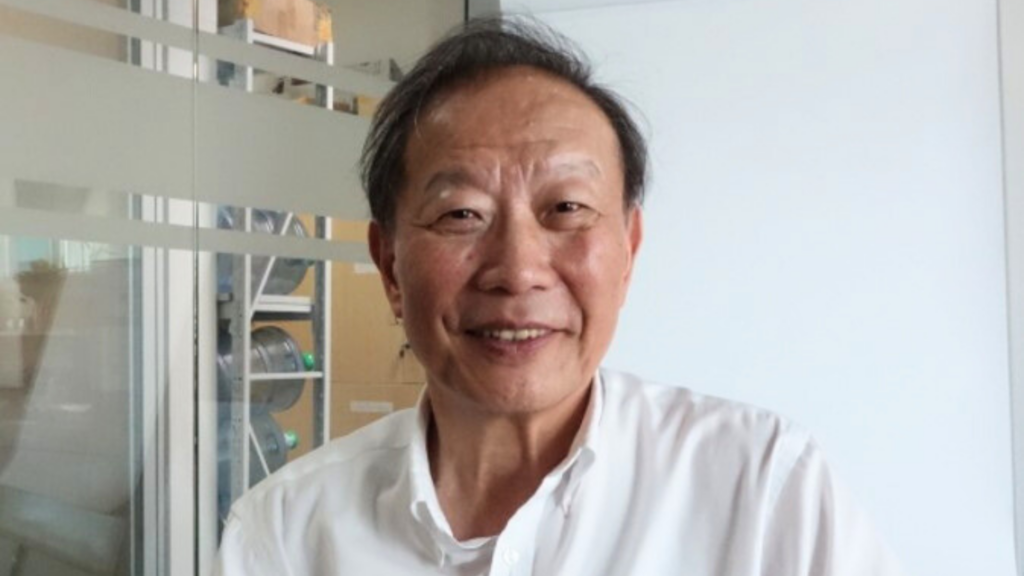
Biography
Yang Fuqiang is a distinguished Senior Advisor on the Climate Change and Energy Transition Program (CCETP) at the Institute of Energy at Beijing University. With over four decades dedicated to China’s sustainable energy strategy and policy, he has become a leading expert in energy savings across the building, industrial, and transportation sectors, low-carbon cities, electricity, renewable energy, and climate change.
Before joining CCETP, Yang held notable positions including Senior Advisor on Energy, Environment, and Climate Change at the Natural Resources Defense Council, Director of Global Climate Solutions at WWF’s International Headquarters, Vice President of the Energy Foundation, and Chief Representative of the Energy Foundation’s Beijing Office.
Yang received his Ph.D. in Industrial Engineering from West Virginia University and his B.S. in Physics from Jilin University. His academic background underpins his extensive research and practical achievements in the energy sector.
“Climate change affects us all, including China,” wrote Yang Fuqiang in a 2018 blog, adding that “China is one of the most vulnerable countries to climate impacts. As emissions increase in other countries, China will suffer with the rest of the world.”
With a sophisticated understanding of policy movement in China, Yang has a proven track record of coordinating research across multiple institutions and influencing significant environmental and energy policy changes. He is widely credited with successfully promoting a cap on coal consumption in China, integrated into the country’s 13th Five-Year Plan for Economic and Social Development.
His ability to navigate political and corporate landscapes, coupled with his openness to new ideas and strategies, continues to impress his peers and stakeholders. Yang’s leadership and innovative thinking have positioned him as a pivotal figure in China’s energy transition.
Breakthrough Program
Fuqiang was selected for the Climate Breakthrough Award program in 2017.
Inspired by the success in promoting a cap on coal consumption in China, now he wants to target oil in the world’s largest annual greenhouse gas emitter. This new effort, called the “Oil Cap Project,” will leverage cutting-edge research and innovative policy frameworks to bring influential insights directly into business and policy-making circles. It is a bold attempt to break the country’s dependence on imported oil.
By 2025, the initiative seeks to peak oil consumption through establishing a national policy platform, promoting clean technologies like electric vehicles, and integrating oil cap targets into key sectors like transportation. Success with the Oil Cap Project will not only result in cleaner air and a healthier population, but also position China as a global leader in the transition away from fossil fuels, inspiring other nations to follow suit.
“We have an opportunity to end China’s age of oil,” he states. “The emergence of low-carbon innovations in China’s transport sector is an accelerant as it provides alternative solutions for the public and exerts pressure on the incumbent industries to act.”
Post Breakthrough Program
Completing his tenure in 2022, Fuqiang has been able to mainstream the idea of capping oil consumption in China. The “Oil Cap Project” also significantly contributed to the development of electric vehicles, leading to government-led regional pilots to test a ban on internal combustion engine vehicle sales.
Fuqiang and his team continue to advocate for more ambitious targets to peak oil consumption in transportation and the petrochemicals sector, support the use of sustainable aviation fuel, and plan two provincial demonstration pilots. They are also expanding their work to pursue a natural gas cap, furthering China’s transition to a sustainable energy future.

